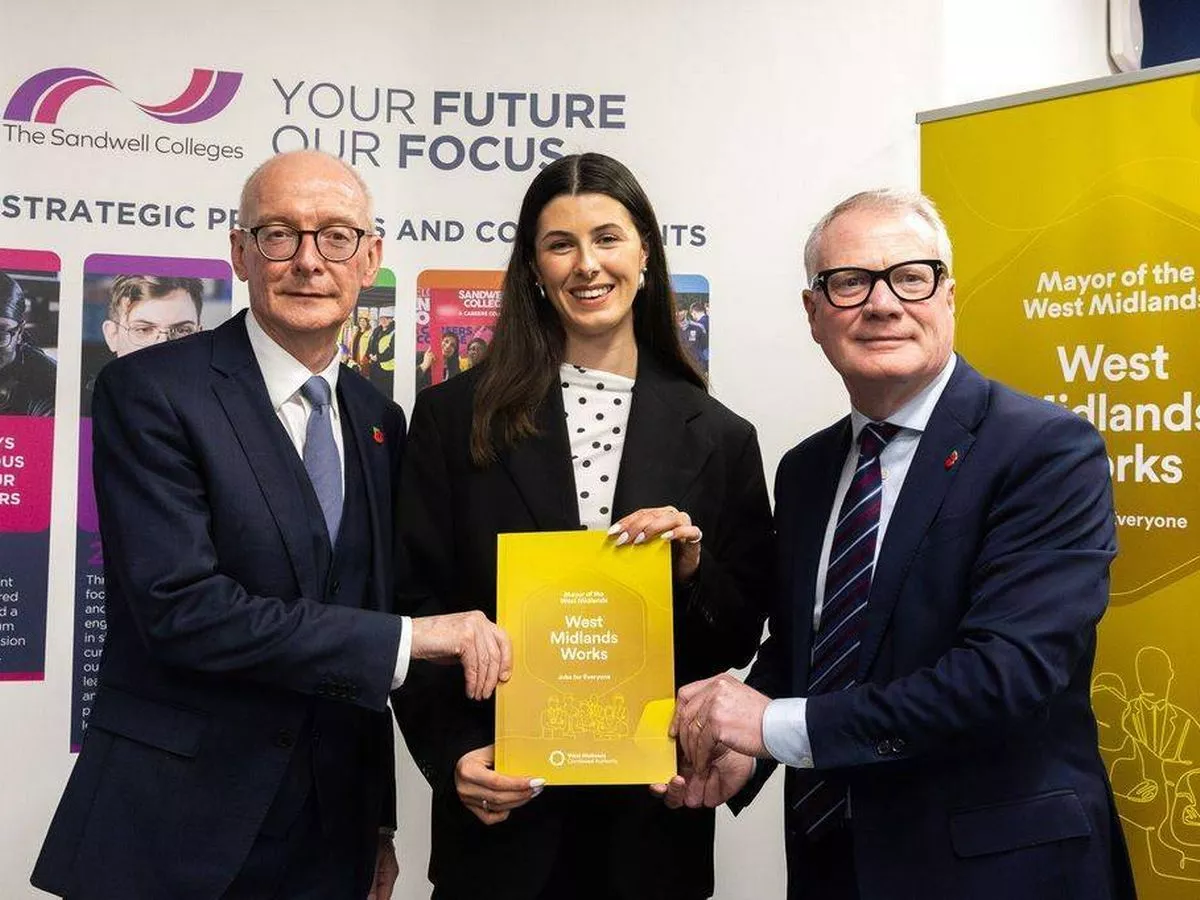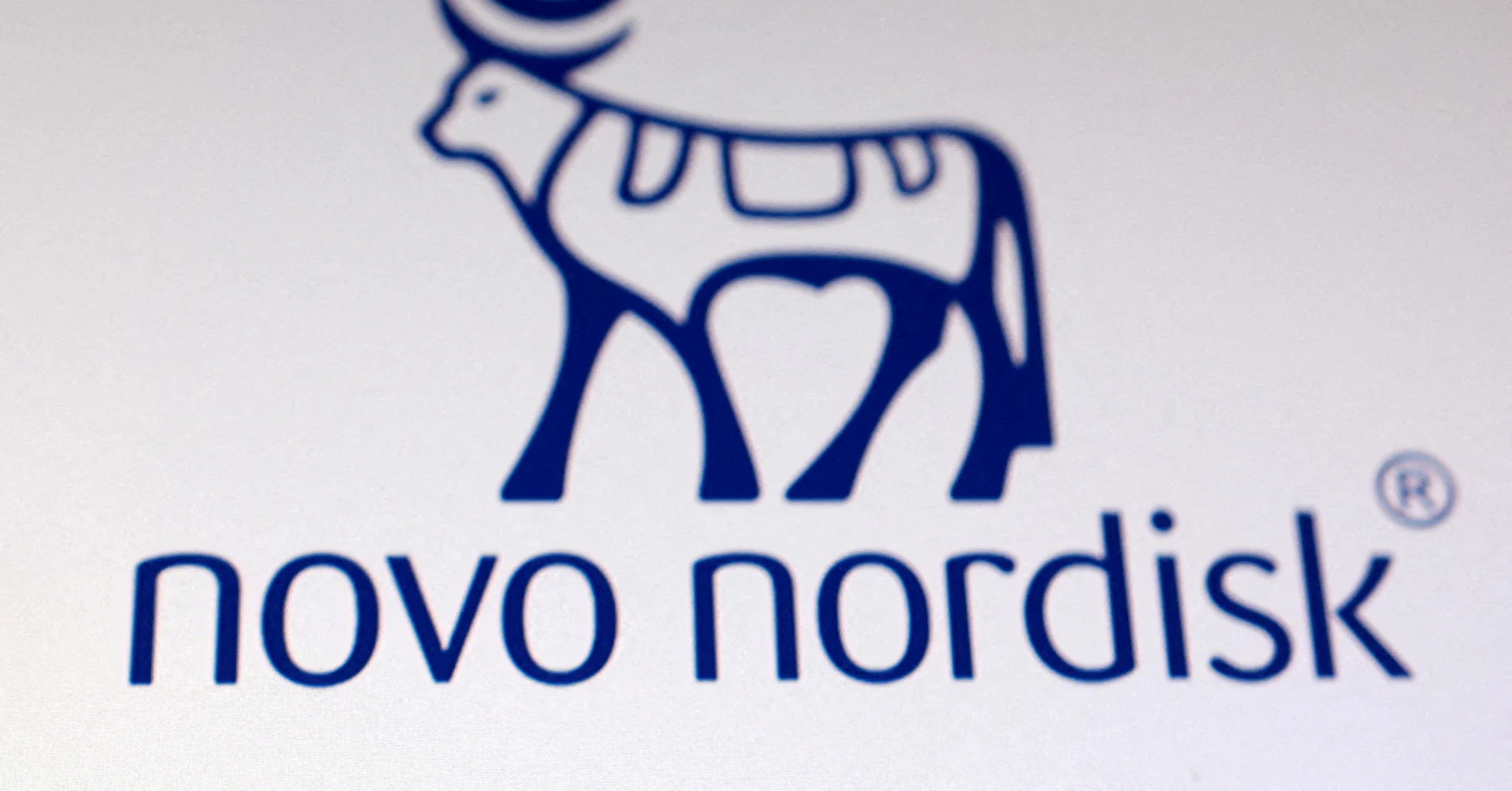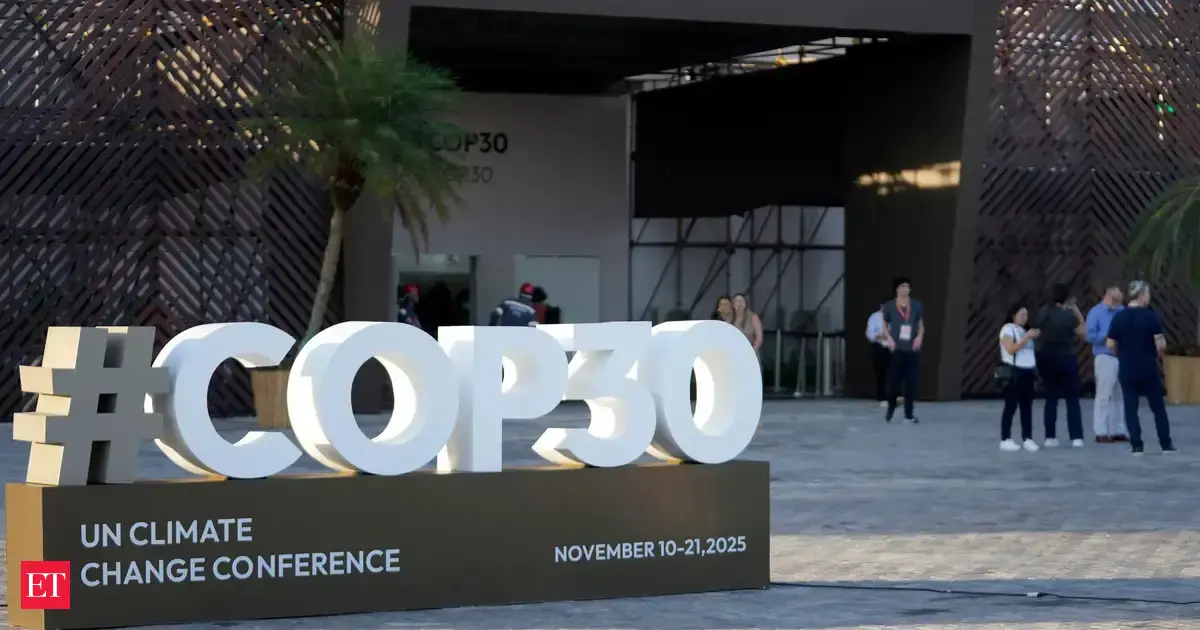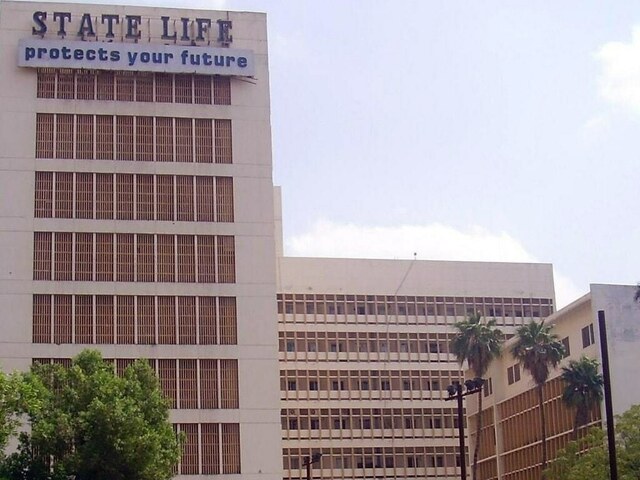Copyright dailymail
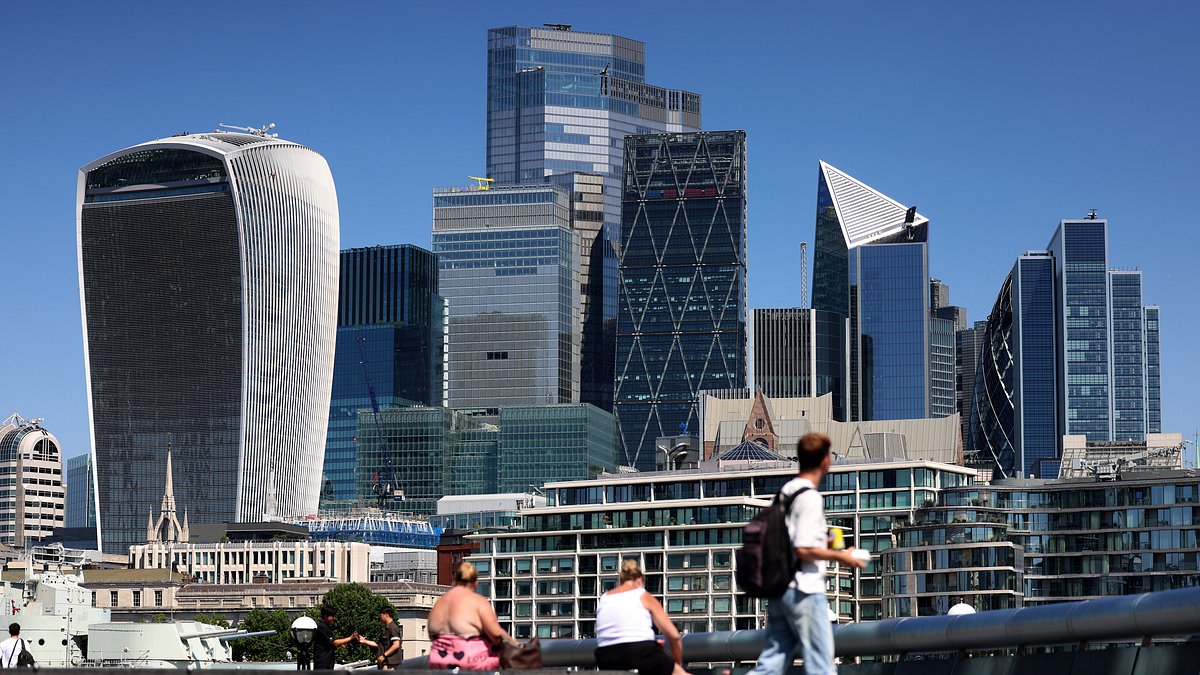
Twice in the last few days I have been asked: is it possible to be optimistic about Britain? The questions came from a senior bank chairman and a top BBC broadcaster, both of whom felt swamped by negativism from Downing Street and the prospect of more tax rises. In both cases, my answer was the same. The UK is fortunate to be a leader in science and medicines, creativity, tech and financial innovation. Research shows the top 40 companies contribute 40 per cent of the nation’s productivity. The latest bunch of financial results show there is excellence to be heralded. All are tarnished by a Labour government which finds it impossible to embrace Harold Wilson’s rhetoric of the ‘white heat of technology’. It has failed miserably to adopt tax, health and business initiatives which could lift Britain out of despond. The nation’s biggest company AstraZeneca has planted one foot firmly in the US, driven by Whitehall neglect. Chief executive Pascal Soriot warns that Europe risks losing its ‘health sovereignty’. The Government’s refusal to back a new Astra vaccine plant in Liverpool and an attempt to impose a stealth tax on drugs sales to the NHS alienated the group. It continues to unveil robust results, with revenues up 10 per cent at £11.6billion year-on-year and sales of breakthrough oncology treatments up 18 per cent. Figures from the UK’s creative powerhouse ITV are disappointing, with free-to-air advertising revenue sharply down by 9 per cent in the three months between October and December. Consumers, business and advertisers have been unsettled by the long run-up to the November 26 Budget and prospect of an upcoming income tax increase. Yet ITV Studios is a credit to creative Britain with content such as The Reluctant Traveller for Apple TV, the thriller Frauds and its award-winning docudrama Mr Bates vs The Post Office. Advertising on its streaming service ITVX is healthy. It is a time of rapid change and consolidation among creators on both sides of the Atlantic. Warner Bros Discovery has put itself up for sale. There is reason to think that ITV Studios will not be seen as an important asset in the shake-out. Sainsbury’s is doing well at both ends of the grocery market. Investment in price-matching with the discounters Aldi and Lidl is working. At the premium end, it is showing it can compete with Waitrose. Argos continues to disappoint. But the first-half uplift in same-store sales of 4.5 per cent, together with a full-year profit forecast of over £1billion, confirms Britain’s status as a good country for shopkeeping. It comes in a week when we learned Primark, doing well in the US, will be going it alone on the London stock market. Marks & Spencer showed it is ready to escape from the shadow of cyber crime. Finally, one must mention Diageo. Currently it is rudderless without a chief executive. Liquor fashions shift and Diageo is the victim of cascading demand for Don Julio tequila and Chinese spirit baijiu. Guinness and Johnnie Walker remain stalwarts. Ending the leadership uncertainty would help ease a share price plunge. Great durable brands and products are forever. Bailey pauses Goldman Sachs came close to being right on the Bank of England’s interest rate decision, with its prediction of a cut. Bank Governor Andrew Bailey is of the view that the inflation threat has retreated. That has been his opinion for some time but regulated prices in Britain, together with last year’s £40billion tax-raising Budget and the burden falling on business, kept brakes on going too fast. The advantage of waiting for the Budget is that the Bank will have sight of decisions such as road pricing for electric vehicles. Headline consumer prices, up 3.8 per cent year-on-year, are far too high. Factors most bothering the hawks on the interest rate-setting Monetary Policy Committee – wages and the cost of services – are moderating. Monetary policy takes time to work. So, it is important to get ahead of the curve. Barring accidents, a quarter-of-a-percentage point cut in bank rate to 3.75 per cent looks nailed-on for December. Consumers, housebuyers and business urgently need lower borrowing costs.
